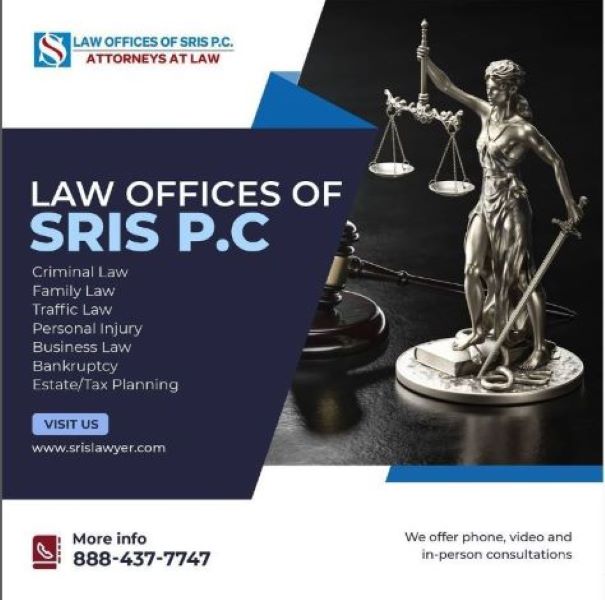Divorce laws can vary from state to state, and Virginia is no exception. If you’re considering or going through a divorce in Virginia, it’s crucial to understand the laws that govern the process. Here’s your ultimate guide to Virginia divorce laws:
Residency Requirements: To file for divorce in Virginia, either you or your spouse must be a resident of Virginia for at least six months prior to filing.
Grounds for Divorce: Virginia recognizes both fault and no-fault grounds for divorce. Fault-based grounds include adultery, cruelty, abandonment, and felony conviction. No-fault grounds include living apart without cohabitation for at least one year (if you have no minor children) or six months (if you have minor children) and having a written separation agreement.
Separation: If you’re seeking a no-fault divorce in Virginia, you must live separately and apart from your spouse for the required time period. This means you must live in separate residences and not engage in any sexual relations during this time.
Child Custody and Support: In Virginia, child custody is determined based on the best interests of the child. Both parents are encouraged to develop a parenting plan that outlines custody and visitation arrangements. Child support is determined based on state guidelines, taking into account factors such as each parent’s income and the child’s needs.
Spousal Support: Spousal support, also known as alimony, may be awarded by the court based on factors such as the length of the marriage, each spouse’s financial resources and earning potential, and the standard of living established during the marriage.
Division of Property: Virginia is an equitable distribution state, which means that marital property is divided fairly, but not necessarily equally, in divorce. Marital property includes assets acquired during the marriage, while separate property includes assets owned before the marriage or acquired by gift or inheritance.
Mediation and Settlement: Virginia encourages divorcing couples to resolve their disputes through mediation or settlement negotiations rather than going to court. Mediation can help couples reach agreements on issues such as child custody, support, and property division with the help of a neutral third party.
Legal Representation: While you have the right to represent yourself in a divorce proceeding (known as pro se representation), it’s highly advisable to seek the assistance of an experienced family law attorney. A knowledgeable attorney can guide you through the legal process, protect your rights, and help you achieve the best possible outcome.
Court Procedure: If you and your spouse are unable to reach a settlement, your case will go to court, where a judge will make decisions on issues such as custody, support, and property division. It’s important to be prepared for court appearances and to comply with all court orders and deadlines.
Post-Divorce Matters: Even after your divorce is finalized, there may be ongoing legal issues such as enforcement of court orders or modification of custody or support arrangements. It’s essential to stay informed about your rights and responsibilities and to address any post-divorce matters promptly and appropriately.
Remember, divorce can be a complex and emotional process, but having a clear understanding of virginia divorce laws can help you navigate it more effectively. If you have specific questions or concerns about your situation, it’s best to consult with a qualified attorney who can provide personalized guidance and advice.


